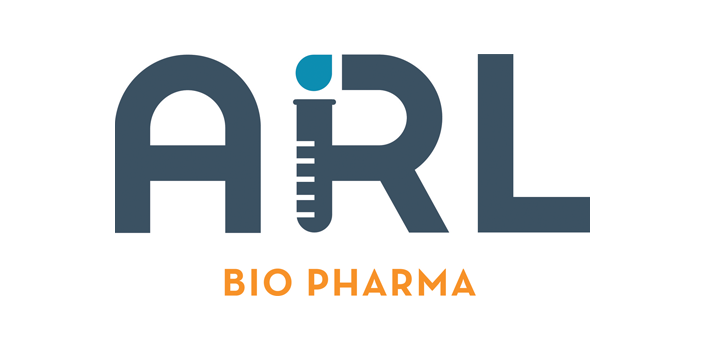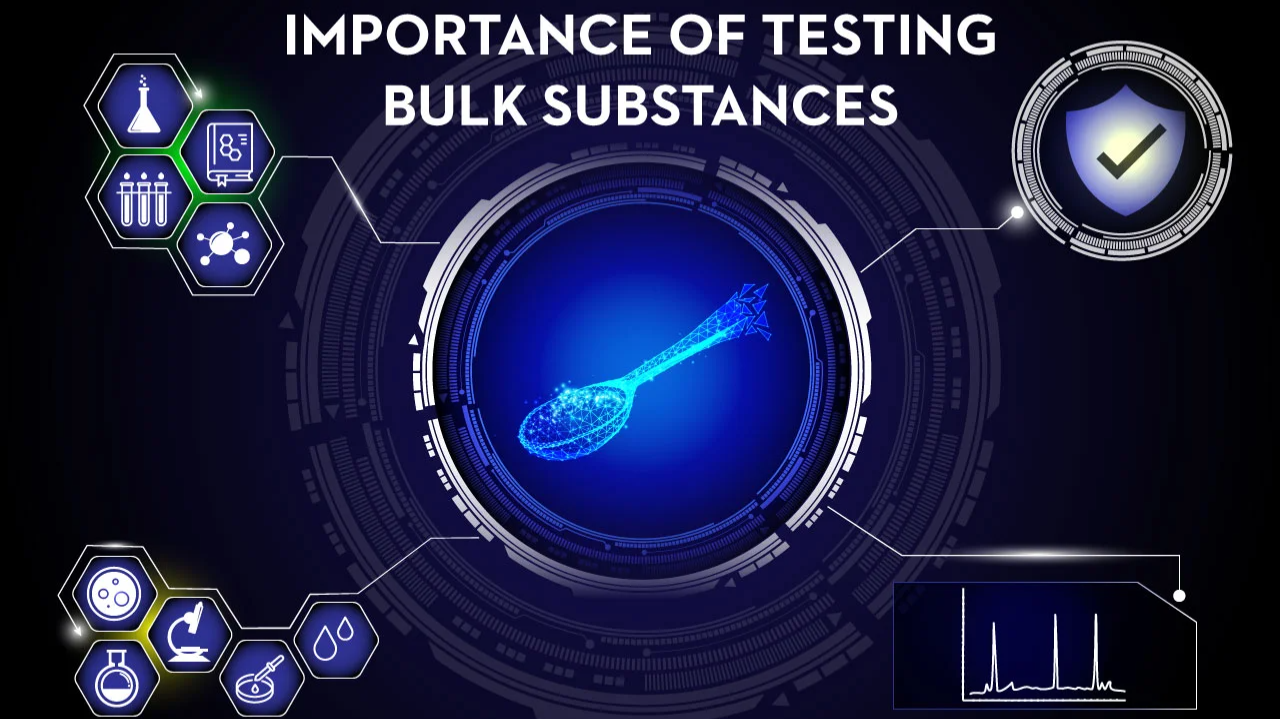Kathy Heatherly, MSFS, ARL Associate Chemistry Supervisor
A bulk substance, or active pharmaceutical ingredient (API), is often the starting point of a compounded preparation. Compounding pharmacies and outsourcing facilities should verify the quality of the API before use, ensuring it meets industry standards, and the component is suitable for use in a compounded preparation. At a minimum, identity testing is recommended for each lot, with additional rigorous testing as necessary.
Guidelines for Testing Active Pharmaceutical Ingredients
The United States Pharmacopeia (USP), Food and Drug Administration (FDA), and International Council for Harmonization (ICH) provide guidelines for testing Active Pharmaceutical Ingredients (APIs).
• USP General Notices, section 4.10.10, states a single monograph may include multiple tests and acceptance criteria for the same attribute. Unless otherwise indicated in the monograph, all tests are required and may vary based on different manufacturers’ product attributes, such as polymorphic forms, impurities, hydrates, and dissolution.
• cGMP Guidance for Human Drug Compounding Outsourcing Facilities Under Section 503B of the FD&C Act Guidance for Industry, states components that are not approved finished drug products must be tested to verify identity and evaluated for conformity with appropriate specifications.
• ICH Good Manufacturing Practice for Active Pharmaceutical Ingredients (API) Q7 provides guidelines to ensure APIs meet the quality and purity claims of the manufacturer. Sections 7.30 – 7.32 state that at least one identity test must be conducted for each batch, except for specified materials. A supplier’s Certificate of Analysis (CoA) may substitute for additional tests if the manufacturer has a system to evaluate and confirm that suppliers consistently meet specifications. At a minimum, a full analysis should be conducted at appropriate intervals and compared with the CoA. The reliability of these certificates should also be regularly checked.
Compendial Test Methods
Testing for potency, sterility, and endotoxins on the finished product is not enough to determine the API’s suitability for compounding. Similarly, a test that verifies only the API’s identity may not ensure its fit for use in the final product. Additional compendial test methods that should be evaluated include:
• Organic impurities
• Inorganic impurities
• Enantiomeric purity
• Residual Solvents
• Volatile Matter
• Microbial Enumeration
• Assay
Many of the USP monographs provide specifications for calculating the assay value that should be used when compounding a finished preparation. If the substance is a hydrate, its anhydrous equivalent weight may need to be calculated. On the other hand, if there is adsorbed moisture present, the weight of anhydrous drug substance may need to be calculated. In addition to testing when the material is sourced, if there have been multiple entries into the container over the life of the material, it is also recommended to test the moisture content again; as additional moisture can affect the potency of the finished product.
Verifying Drug Components
Verifying that the correct material is sourced and that the specifications are met is essential. This helps ensure product integrity and quality in the finished product.
503A Pharmacies can verify drug components by:
• Reviewing the supplier’s certificates of analysis (COA)s;
• Establishing the reliability of the supplier’s analyses through vendor qualification; and,
• Testing drug components before use in compounding.
503B outsourcing facilities can verify drug components by:
• Testing each shipment of the ingredient; or
• In lieu of testing each shipment, a COA can be accepted from the supplier and evaluated to determine whether a lot can be used, provided:
• Pharmacists confirm the supplier’s test results, no less frequently than annually for active ingredients and every two years for other components, by performing full compendial testing using the applicable USP or NF monographs and/or supplier’s in-house methods.
• Pharmacists conduct at least one identity test to confirm the component purchased from the supplier.
For more information on bulk drug testing, contact ARL at 800-393-1595 or info@arlok.com.





